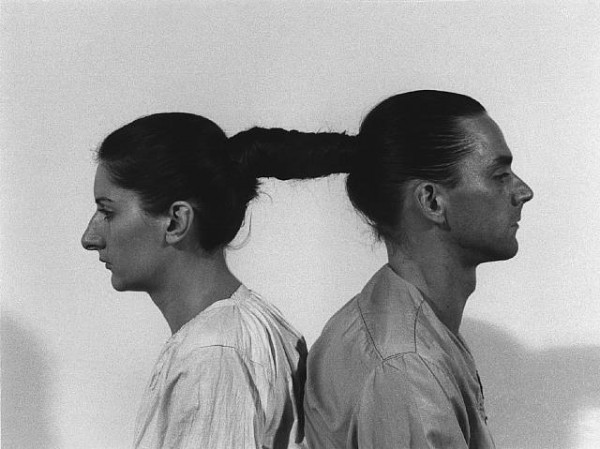Every astronaut who comes back down to Earth is, for each day he or she has spent in orbit, actually 0.000023 seconds younger than a person born at the exact same moment who has never left Earth. Changing a person's relativistic reference frame in this way can have a cumulative effect. After spending a year on the International Space Station, a space traveler will gain back 0.0085 seconds of life that would have elapsed for someone living on the surface of the planet.




Depressed people often appear to distort the facts and view their lives more negatively than non-depressed people. Feelings of helplessness, hopelessness and worthlessness and of being out of control are some of the main symptoms of depression. For these people time seems to pass slowly and they will often use phrases such as "time seems to drag" to describe their experiences and their life. However, depressed people sometimes have a more accurate perception of reality than their happier friends and family who often look at life through rose-tinted glasses and hope for the best.
RESEARCH ON 'TIME'
Big Question: Would we age differently on another planet? (see link)
How do humans age in space? (see link)
Your age on other planets (see link)
How does spending prolonged time in microgravity affect the bodies of astronauts? (see link)